Serbia’s 11-year EU accession journey has been defined by stagnation and setbacks. Brussels takes no notice of the Balkan country's progress and is perpetually changing the goalposts. In the meantime, the pro-war EU leadership is pushing to grant Ukraine membership at an accelerated pace. These double standards are a slap in the face to Serbs and other Western Balkan nations who have been working hard to meet often less than objective new criteria.
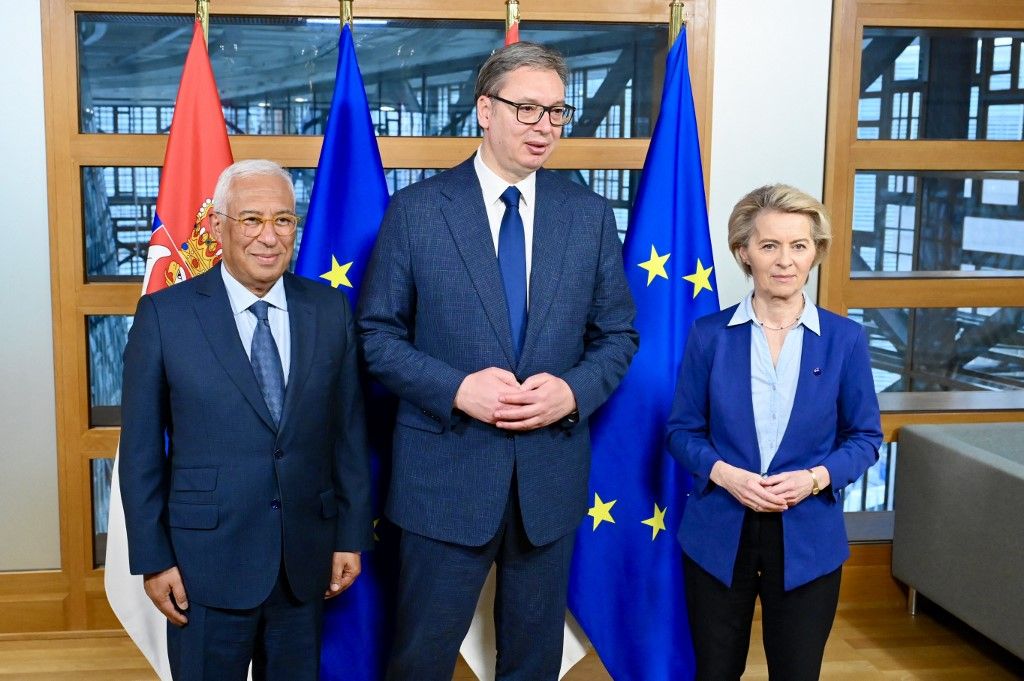
According to the European Council website, the Balkan country applied for EU membership in December 2009. Serbia was granted EU candidate status in March 2012. Accession negotiations officially started in January 2014. So far, a total of only 22 negotiating chapters have been opened.
Brussels Has Kept Serbia Waiting for Over a Decade
Serbia began negotiations for joining the European Union more than eleven years ago. The current state of progress is as follows: 22 negotiation chapters have been opened of the 35, and only two have been provisionally closed.
Although the president and government had suggested that by the end of 2024, the member states will likely give the green light to opening a new third cluster—meaning three more chapters could be opened—this has not materialized. Brussels did not approve the move.
Yet Belgrade is doing everything it can; EU membership remains a strategic objective for the country. Over the past year, for instance, Serbia adopted a reform agenda for implementing the EU’s Growth Plan for the Western Balkans. The government has also been working toward aligning with specific EU policies, such as joining the Single Euro Payments Area (SEPA). However, the main goal—opening new chapters—has not been achieved, even after three years of a standstill.
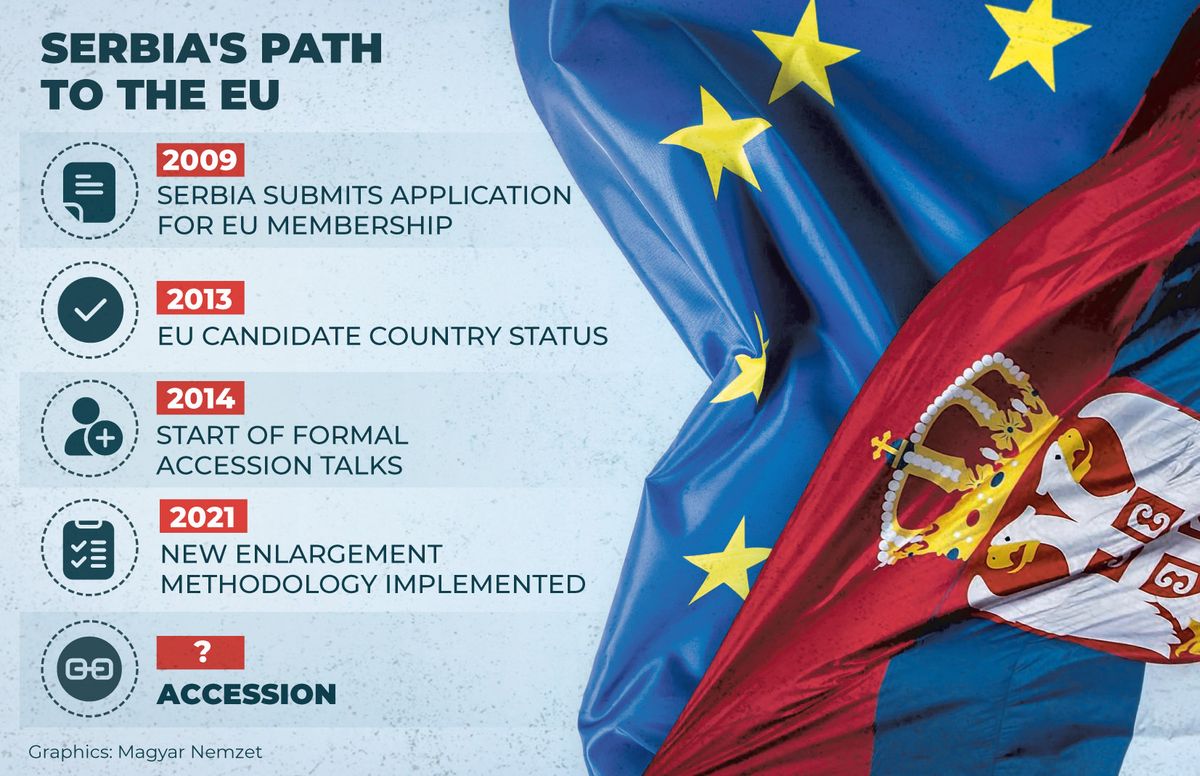
In the past five years, Serbia has only managed to open one negotiating cluster—in December 2021—which resulted in the opening of four new chapters. According to Brussels, the main obstacles on Serbia’s path are the state of the rule of law and the lack of alignment with the EU’s common foreign policy. These are the reasons cited by member state governments for keeping the "barriers" in place.
One major sticking point: Serbia did not join in the sanctions against Moscow after the outbreak of the Russia–Ukraine war.
Meanwhile, Montenegro, which began negotiations two years before Serbia, had opened all negotiation chapters by 2020 and has recently begun closing them.
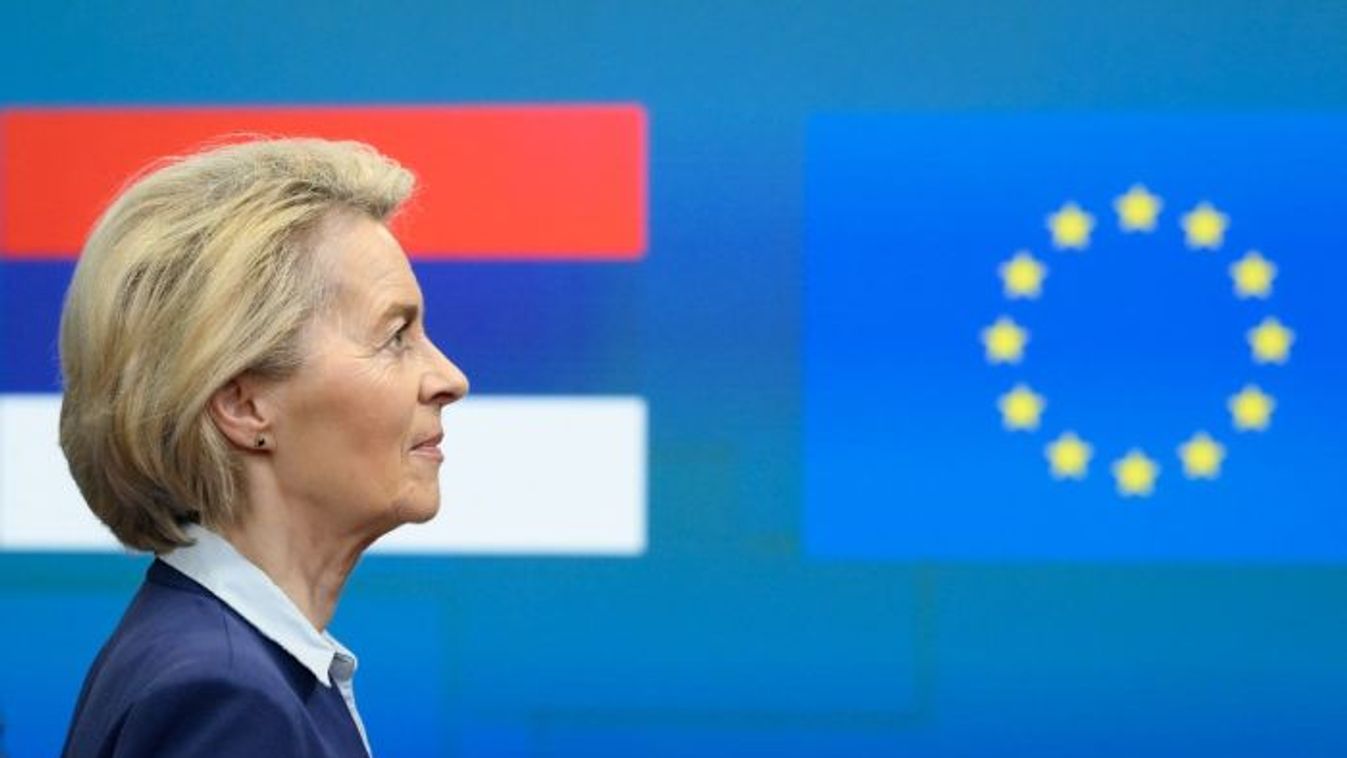
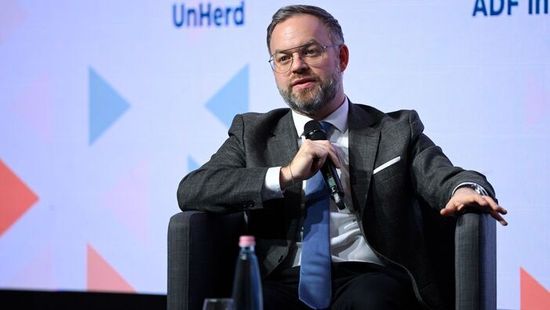

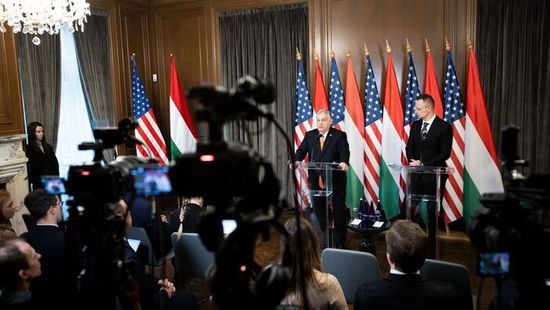
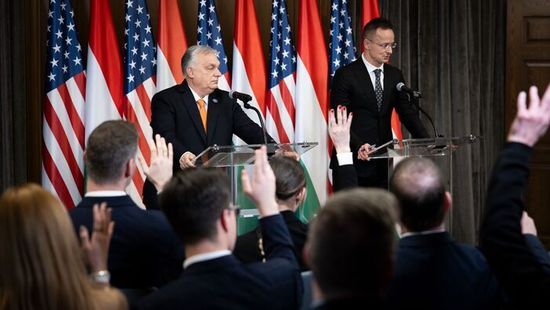


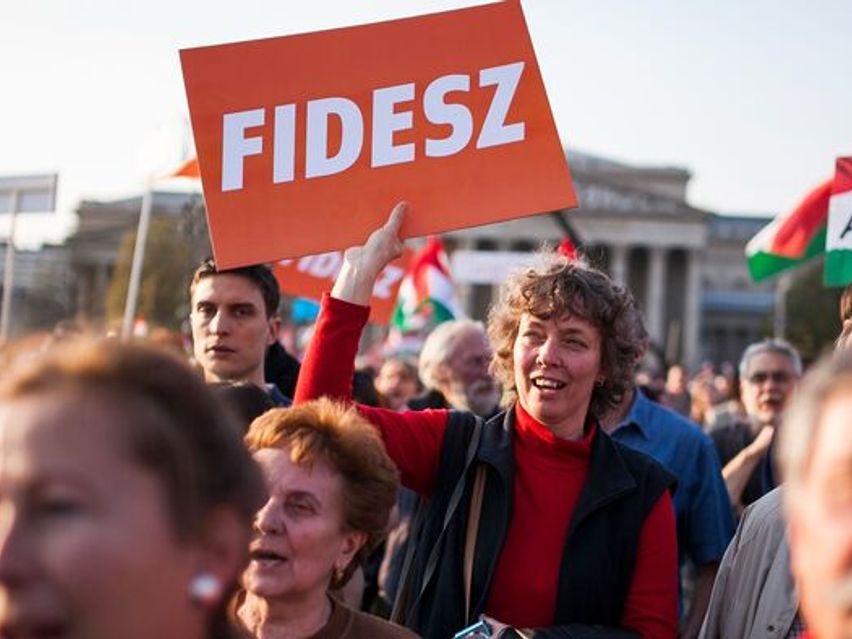



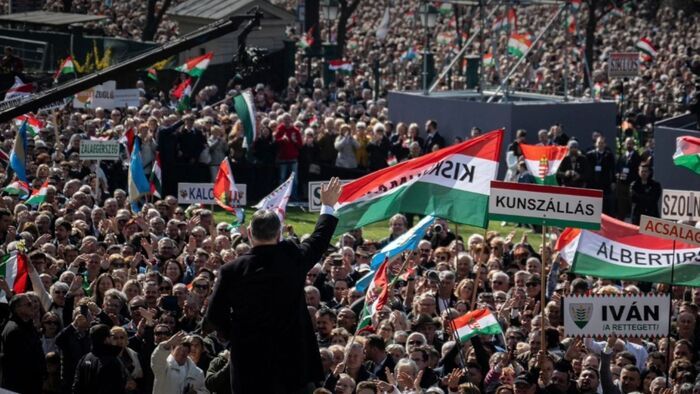
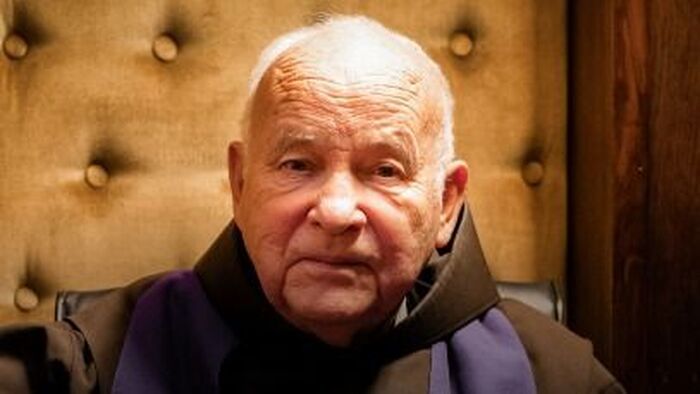
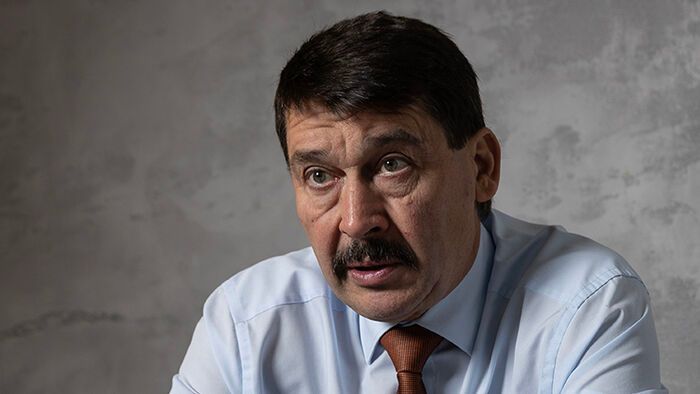
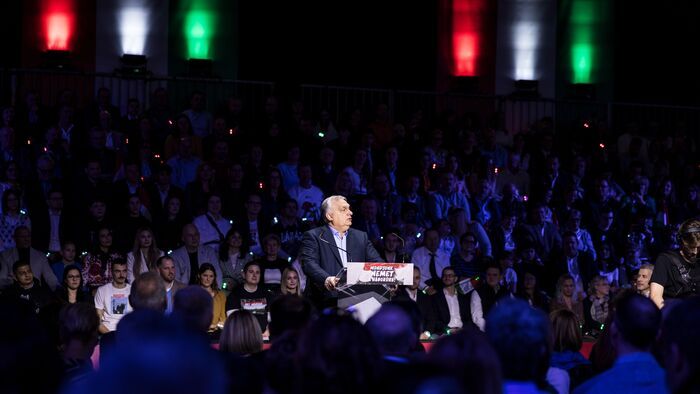
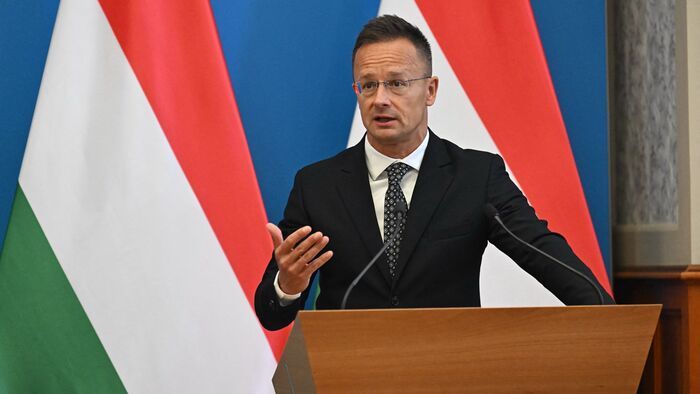

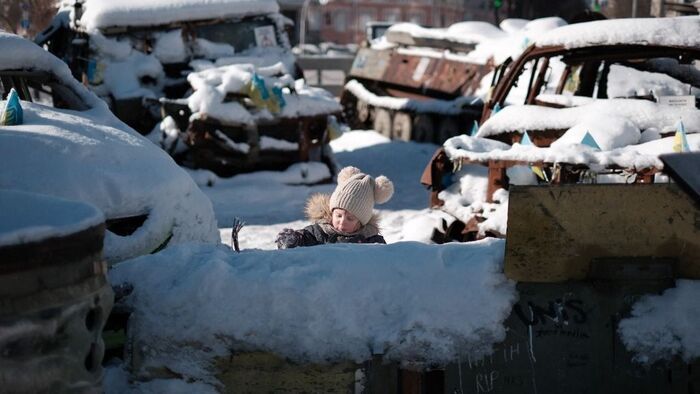

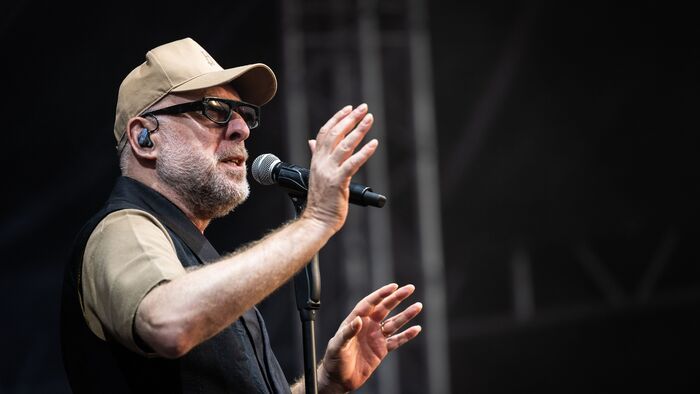
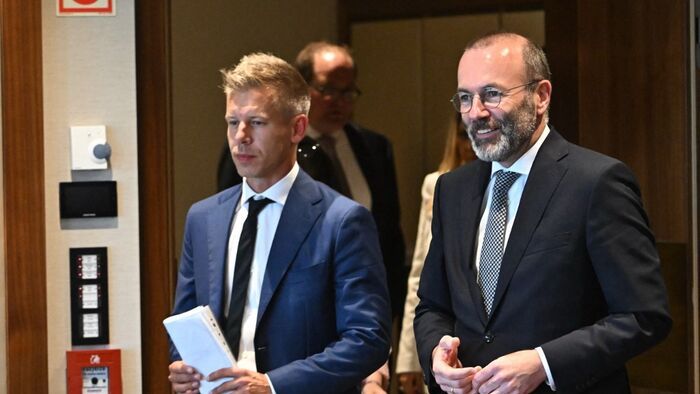
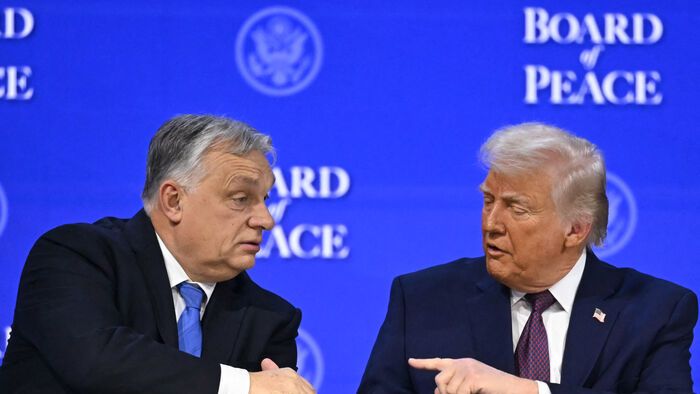

Szóljon hozzá!
Jelenleg csak a hozzászólások egy kis részét látja. Hozzászóláshoz és a további kommentek megtekintéséhez lépjen be, vagy regisztráljon!